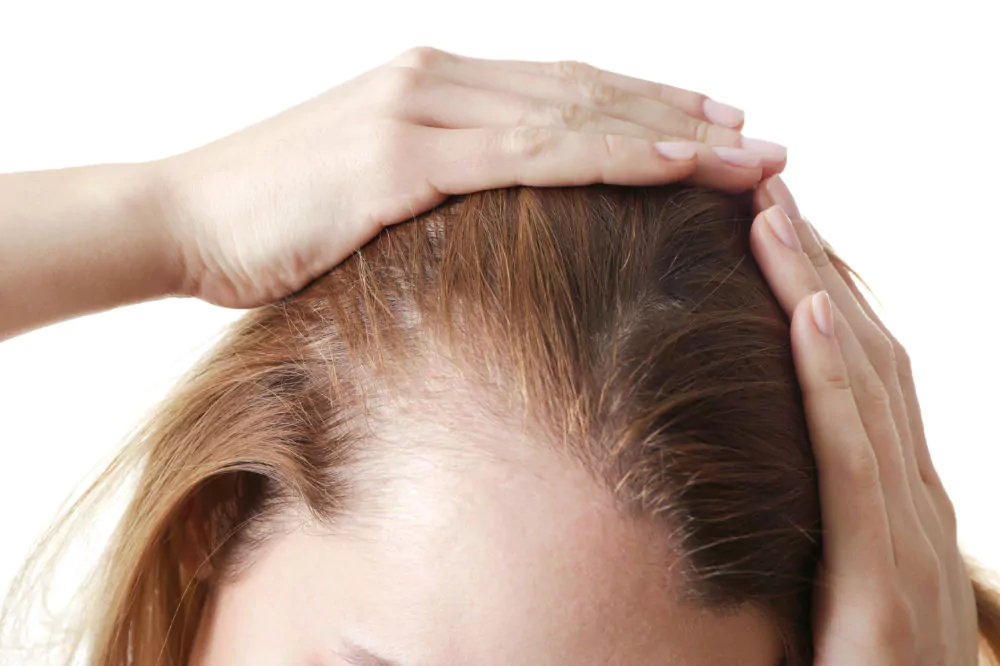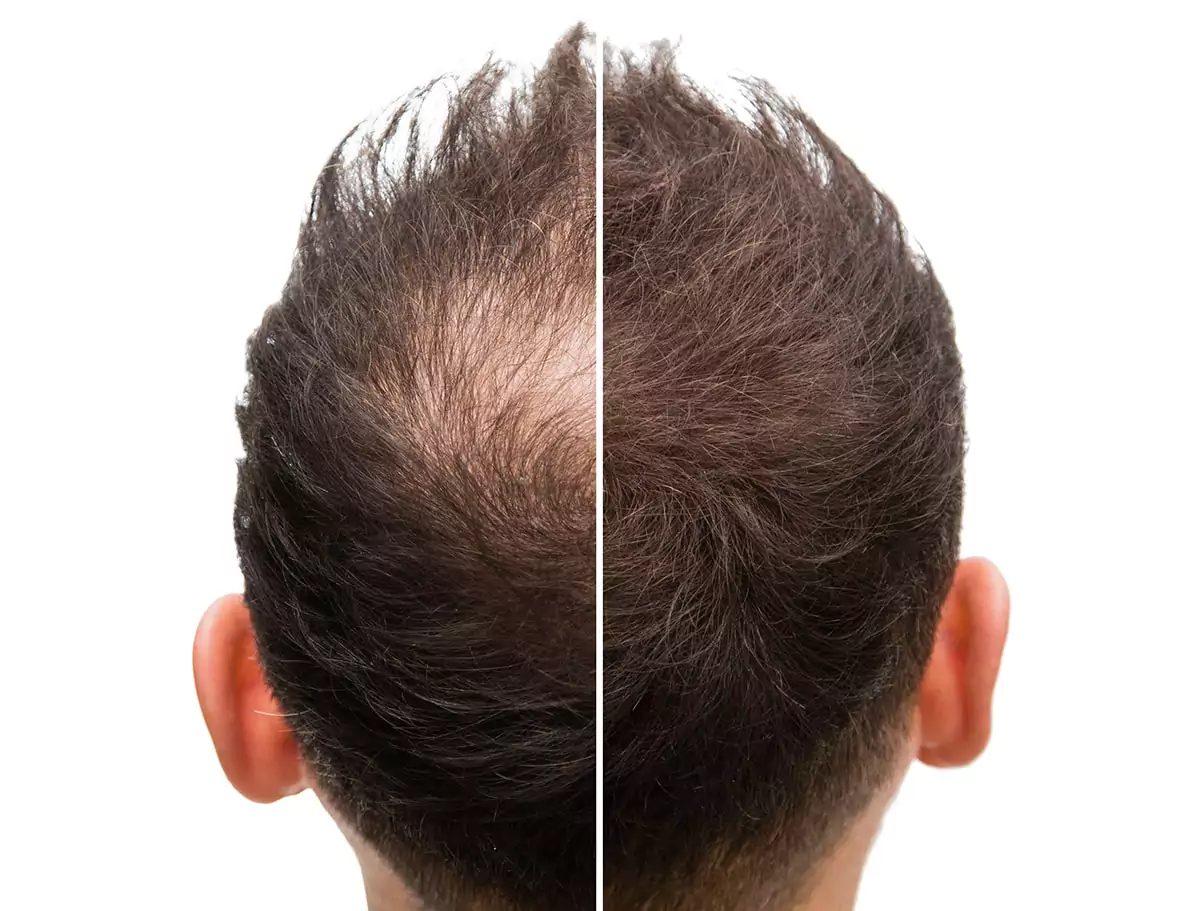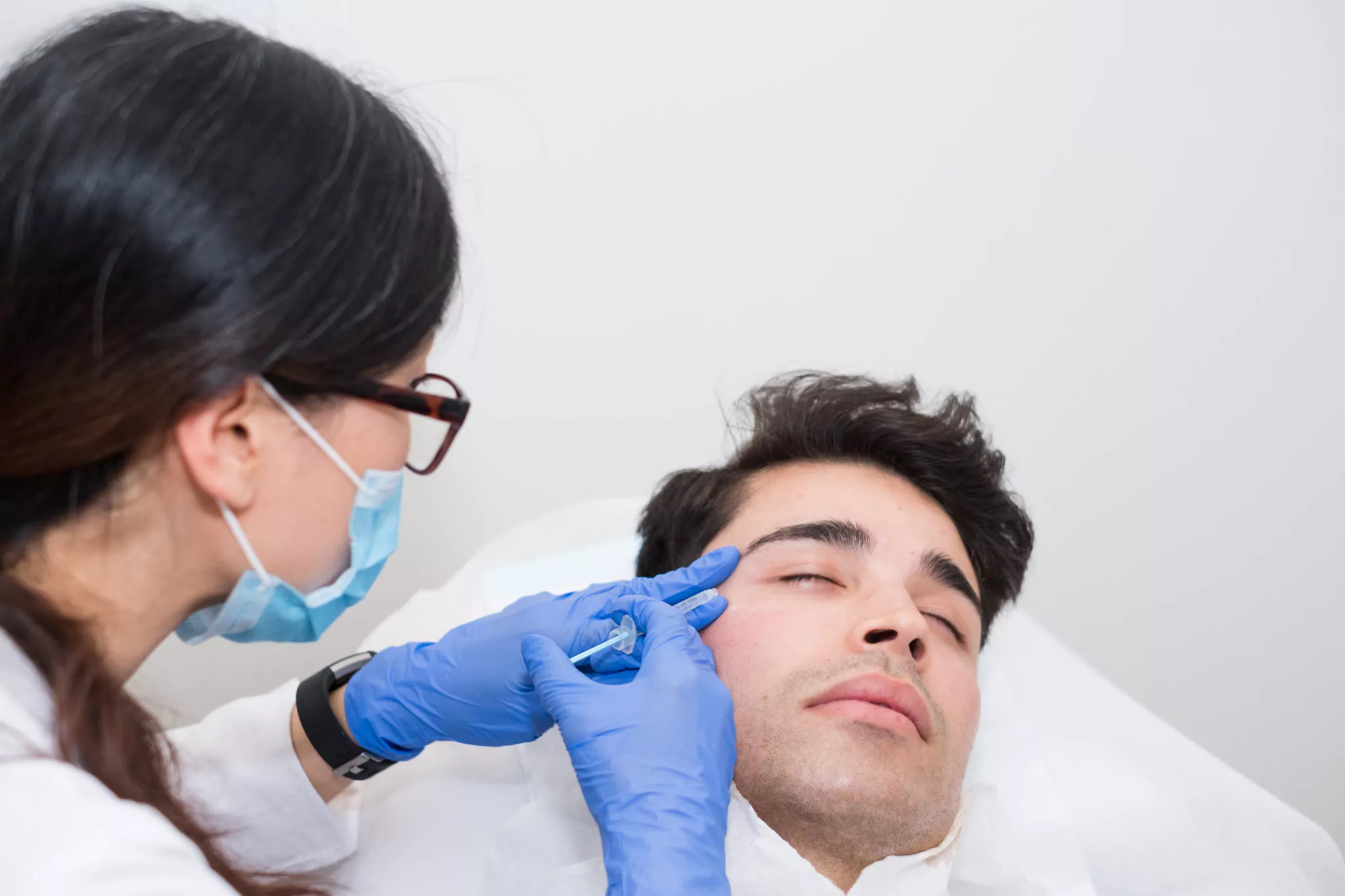Female hair transplants are an effective treatment for the many causes of hair loss in women. If all other treatments have failed and hair loss is impacting your quality of life, a hair transplant could be the answer.
Female hair transplants are not the only answer though. There are other treatments, such as PRP hair treatment, PRF hair treatment and laser therapy.
However, hair transplants are definitely a viable option for hair loss in women.
If you’re considering treatment for hair loss, this page will contain the information you need to know to make an informed decision.
First, let’s go over hair loss in women a little more.
What causes hair loss in women?
There are a few causes of hair loss in women. They include androgenetic alopecia, female pattern hair loss (FPHL), menopausal hair loss or hair thinning, genetic hair loss and lifestyle causes such as stress.
The underlying cause of hair loss in women is hair follicles not replacing hair that falls out.
Shedding hair is a natural process that happens to everyone. The hair is typically replaced over time to keep the growth cycle going and your head full of hair.
When hair follicles don’t replace lost hair, that’s when hair loss becomes noticeable.
Several things can cause hair follicles to not replace hair:
Androgenetic alopecia
Androgenetic alopecia is a condition that affects both men and women and can cause bald spots or changes in the hairline. It is resistant to many common treatments.
Female pattern hair loss (FPHL)
Female pattern hair loss (FPHL) can affect up to 40% of women and is linked to androgenetic alopecia. This condition can also cause thinning of the hair and a change in hairline.
Menopausal hair loss or hair thinning
Menopausal hair loss or hair thinning is also a common cause of hair loss in women of a certain age. It is widely attributed to changes in hormone levels during peri-menopause and menopause.
Lifestyle factors
Lifestyle factors are non-specific causes of hair loss in women. That can include smoking, poor nutrition, stress, thyroid issues, exposure to chemicals or toxins, iron or protein deficiency, autoimmune disorders, pregnancy, birth control and genetics.
Signs of hair loss in women
The signs of hair loss in women are about more than just noticing a bald patch, change in hairline or thinning hair.
There are a number of symptoms associated with hair loss:
Gradual hair thinning
Gradual hair thinning is a very common symptom of hair loss in women. You may notice you can see more scalp in the mirror or your hairline receding from its old position.
It may take a while to notice as the process is very gradual but once you do, you won’t be able to unsee it.
Lots of hair on your hair brush or pillow
Another common symptom of hair loss in women is more hair on your hair brush or pillow. While it’s perfectly normal to lose a small amount of hair when brushing, an increase in hair on your brush or on your pillow when you get up in the morning could be a sign.
Bald spots
You may notice small circular bald spots or bald patches appearing on your head. Both are signs of hair loss and may remain as they are or get worse.
Loosening of hair
Loosening of hair can be caused by lifestyle or a traumatic event and manifest as clumps of hair coming out in your hands or collecting in your hairbrush.
How female hair transplants can address hair loss in women
Hair transplants are an effective treatment for the many causes of hair loss. It isn’t usually the first option but it can be exceptionally effective at reversing the process.
Hair transplants involve minor surgery to transplant hair from a healthy area of the head to the area suffering hair loss.
You typically take hair from the back of the head as it’s usually thicker there and the transplanted hair will not be missed.
We can also transplant hair from other places on the body if required, but the back of the head tends to offer better results.
Hair transplant surgery should only ever be undertaken by qualified, licenced practitioners.
While a safe surgery to undertake, it needs expert training to ensure everything goes according to plan.
The surgery works a little like this:
The donor area is sterilized and anaesthetized and prepared for the transplant.
A Follicular Unit Strip Surgery (FUSS) or Follicular Unit Extraction (FUE) is performed depending on your needs.
Follicular Unit Strip Surgery (FUSS) takes a strip of skin that contains hair follicles and implants it in the affected area.
Follicular Unit Extraction (FUE) removes individual hair follicles without the scalp and implants them in the affected area.
Once complete, they tidy up the affected areas, sterilize them to prevent infection and protect the areas with dressings.
Recovering can take a few weeks but once complete, you should be able to enjoy a new head of hair without any noticeable side effects!
Alternatives to female hair transplants
As we mentioned earlier, female hair transplants are not typically the first option when dealing with hair loss in women.
There are other treatments available and we would be happy to discuss your options at a consultation.
An alternative option is PRF or PRP hair loss treatment.
PRF or PRP hair loss treatments
PRF or PRP hair loss treatments are incredibly effective in many circumstances. Both treatments use growth factors in your own blood to deliver a huge payload of healing potential directly into the scalp.
They are very effective treatments for many common hair loss conditions.
PRF or PRP hair loss treatments are also non-surgical and non-invasive. Treatments use a special solution made from your own blood so it is 100% natural too.
Female hair transplant FAQs
Is hair loss in women treatable?
Yes, hair loss in women is definitely treatable. The level at which we can treat depends on your condition, overall health and genetics but we have some very effective treatments. PRP and PRF hair treatments are effective and female hair transplants have a very high success rate.
Is female hair transplant surgery risky?
No, female hair transplant surgery is not risky as long as you go to a high quality clinic. As long as it’s a doctor performing the surgery in hygienic conditions, hair transplant surgery is very safe. It has a 100% success rate and as long as you follow the aftercare guidance, you should heal fully and completely.
Who can undergo female hair transplant surgery?
Anyone who is healthy can undergo female hair transplant surgery. As long as you’re over 18, have a good supply of healthy hair to transplant and have no underlying medical conditions that would prevent surgery or inhibit recovery, you should be able to have the surgery. We would recommend checking with your physician before undergoing any treatment though.
How long do female hair transplants last?
Female hair transplants should last a lifetime. As long as the surgery is performed by experienced doctors and you follow our recovery program, you should heal quickly, begin seeing results within months and those results should last the rest of your life!




